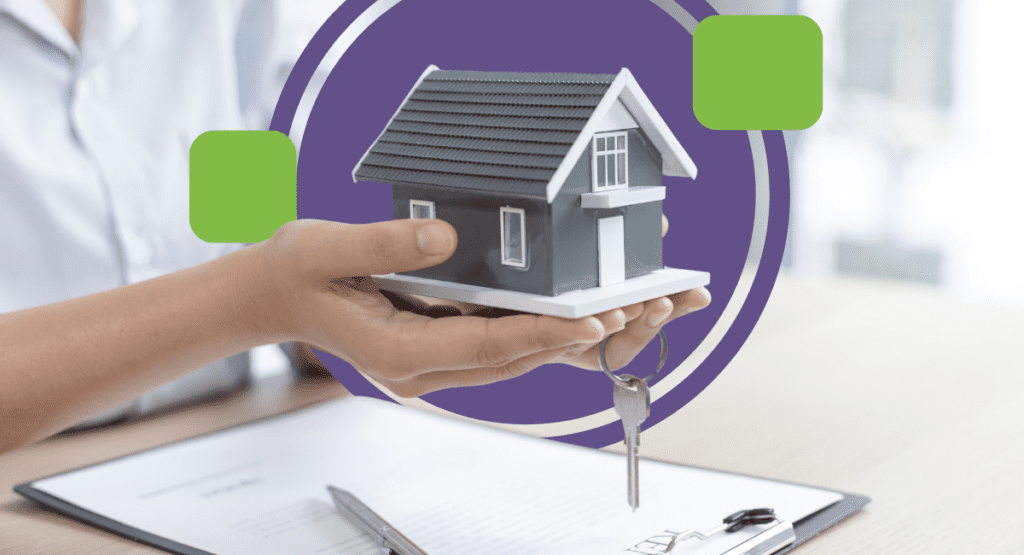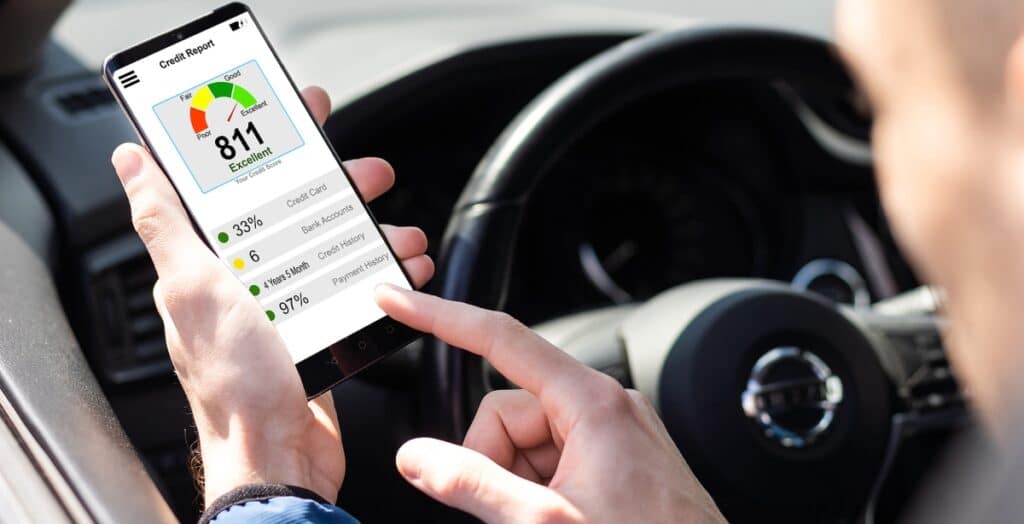
Doctors, dentists and other select high-earning professions can take advantage of a home financing opportunity called a physician mortgage. These special loan programs offer up to 100% financing with no private mortgage insurance (PMI) and flexible underwriting criteria, making it easier to find the home of your dreams.
But the home buying process comes with a lot of questions, particularly when choosing a mortgage that will benefit you for years to come. Here’s a quick reference guide with the top physician mortgage loan FAQs.
What is a physician loan?
A physician mortgage loan is a low down payment solution offered to certain healthcare professionals and other high-income professions. These loan programs are designed to make homeownership more affordable and easier to qualify for than conventional forms of lending.
This loan program is ideal for medical professionals who haven’t had time to save for a large down payment or simply wish to use their savings for other financial priorities.
What are some other names for physician home loans?
Physician mortgage loans were originally designed for medical doctors, residents and dentists. But many lenders now extend eligibility to include other high-income professions that carry large amounts of student debt.
Therefore, you’ll see variations of the name “physician home loan,” such as doctor loan and physician mortgage. But you might also come across more broad categories like professional home loan or medical professional home loan.
What benefits come with a physician loan?
The most common characteristics of a physician home loan include:
- Up to 100% financing with no PMI. It varies by lender, but many programs offer 0% down loans of up to $750,000 or more.
- Generous student loan debt treatment. Student loan payments are often excluded or given modified treatment when calculating your debt-to-income ratio (DTI).
- Flexible income history requirements. These relaxed guidelines allow you to use future income to close on a home before starting your residency or new position. Additionally, some physician loan programs require minimal income history (e.g., 0 to 12 months) for 1099 physicians.
- Higher loan limits than a conventional mortgage. Loan amounts can reach into the $1 million to $2 million range without causing an interest rate spike that is often associated with jumbo loans.
Depending on the mortgage lender, you might also receive help with closing costs or other program perks that aren’t available to the general public.
Some physician loan programs allow second homes, vacation houses and investment properties with alternative eligibility criteria. But this isn’t the norm.
How is a physician loan different from a conventional loan?
A physician mortgage loan offers more flexible underwriting guidelines and more borrower benefits than a conventional loan.
For example, a conventional mortgage generally requires a 20% down payment. Otherwise, you’ll need to carry PMI until enough equity has been built up. Additionally, conventional loans have conforming loan limits based on where you live. In most areas of the country, that limit is $647,200. However, some higher cost-of-living areas are much higher.
Are physician loans available in all 50 states?
Physician mortgage programs are available in all 50 states and the District of Columbia. However, not all lenders offer a nationwide program. So, you’ll need to explore physician loan options in your state to find the right fit.
What mortgage product do you need?
Your Occupation
Home Price Range
Preferred Down Payment
Stage You're At in the Home Buying Process
When Do You Want a Mortgage Approval?
How Many Banks Would You Like Quotes From?
Any Bankruptcies or Short Sales?
Full Name
Phone Number
State Where You Plan to Purchase
Metro Area Where You Plan to Purchase
Citizenship Status
Communication Preference
Would You Like to Add Any Additional Details?
What properties are eligible for doctor loans?
You can use a physician mortgage to buy or refinance a primary residence. Depending on the mortgage lender, multi-unit properties might be allowed if you intend to live in one of the units while renting out the others.
Are there downsides to using a physician home loan?
Depending on the mortgage lender and the timing of your application, you might receive a slightly higher interest rate with a physician loan than a conventional loan with a down payment. However, this isn’t always the case, as physician loans have historically offered competitive interest rates.
Additionally, some borrowers might overextend themselves in terms of their monthly mortgage payment, considering they’ll likely get approved for a larger loan amount with more relaxed underwriting criteria.
What does it take to qualify for a physician home loan?
To be eligible for a physician mortgage, you’ll need a qualifying degree (e.g., MD, DO, DDS, DMD). The professions and degrees that qualify vary by program. Additionally, you’ll need to meet the lender’s eligibility requirements, such as its minimum credit score, maximum DTI and provide acceptable proof of income.
Is it easier to qualify for a doctor mortgage?
Physician mortgage programs are designed to help young medical professionals become homeowners sooner. Therefore, it’s often easier to qualify for this type of mortgage because student loan debt is treated more favorably and income requirements are less strict.
Who can apply for a physician mortgage loan? Can non-doctors qualify?
Virtually all programs work with medical doctors, dentists and residents (interns and fellows might be included). However, some lenders also work with other healthcare professionals, including but not limited to optometrists, veterinarians, certified registered nurse anesthetists (CRNA), nurse practitioners, attorneys and more.
Can I qualify for a physician loan as a resident or fellow?
Residents, interns and fellows are the prime target audience for physician mortgage programs. Banks recognize that you’re just starting a long, stable career that often requires a large amount of medical school debt and lower salaries in the beginning.
Therefore, they offer this unique financing opportunity that allows you to buy a home during residency. In fact, you can qualify for many physician loans with proof of an employment contract with a start date within 60 to 90 days of closing.
What’s the minimum credit score for a physician loan?
Most physician loan programs require a minimum credit score of 700 to qualify. However, select lenders might be willing to work with physicians who have scores in the high 600s.
In some cases, you’ll need a credit score of 720 or higher to unlock the best down payment options.
How much does a physician loan cost?
The overall cost of a physician mortgage loan will come down to many variables, such as your down payment, loan amount, interest rate and closing costs.
How much down payment do I need?
Most physician mortgage programs offer a 0% down option that allows you to access loan amounts in the $750,000 range with no money down. If you can provide a 5% to 10% down payment, loan amounts typically increase to $1 million to $2 million. However, down payment requirements vary by lender.
Related: Physician Mortgage Loan Calculator
Is there mortgage insurance on a doctor loan?
One of the biggest benefits of using a physician home loan is avoiding PMI, even if you have a $0 down payment. This perk can save you thousands of dollars in mortgage insurance each year.
Do doctors get better mortgage rates?
Due to their low default rates, medical doctors and dentists are considered a safe bet within the mortgage industry. Therefore, these professions often secure better interest rates with more favorable loan terms than the average borrower.
Lenders also benefit from physician mortgage programs as it allows them to build long-term banking relationships with high-earning clients.
What are closing costs with a doctor loan?
Closing costs vary by mortgage lender. You might sometimes experience higher closing costs when using a physician loan. But generally speaking, you can expect to pay typical closing costs, which usually range between 2% to 5% of the home’s purchase price.
Other physician mortgage loan FAQs
Can you get a physician loan twice?
Eligible borrowers can secure a physician mortgage more than once. However, each lender will have its own rules that could limit future use. For example, many programs require physicians to be within 10 years of starting their careers. Therefore, more experienced physicians might not be eligible to use this type of program further into their careers.
Can I refinance a home with a doctor loan?
You can get a lower interest rate, reduce your mortgage payment or tap into your home’s equity with a physician mortgage refinance loan. Some lenders offer rate-and-term refinancing, while others allow cash-out options with varying cash maximums.
Interested in learning more about physician mortgage loans in your area? Fill out the form below to receive quotes for your next home purchase or refinance.


